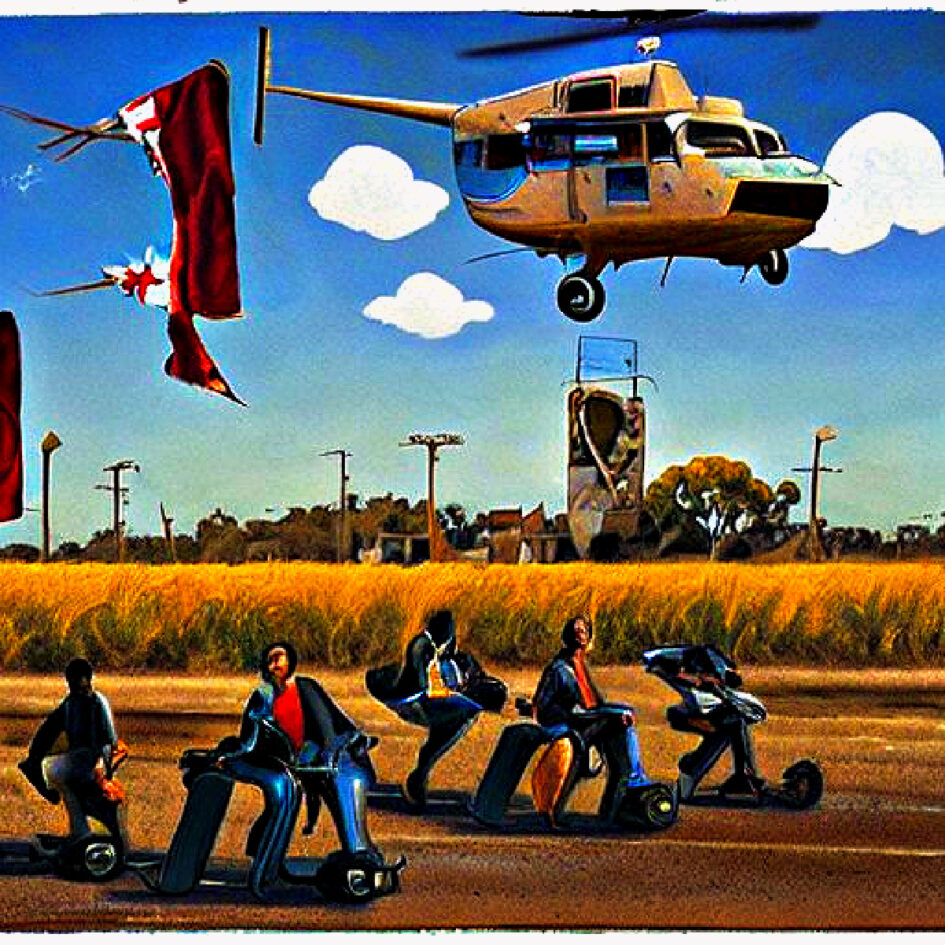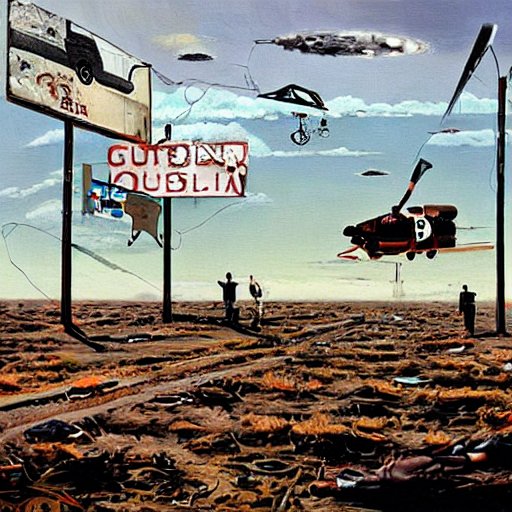By Mike Scrafton: Pearls and Irritations.
That the Albanese government could further compromise Australia’s sovereignty, international integrity and national interests seemed inconceivable. Yet, intelligence, a vital government function inextricably connected with independence and protecting national interest, is being penetrated and colonised by the Americans.
At the Australia-United States Ministerial Consultations (AUSMIN) 2023 the establishment of “a Combined Intelligence Centre – Australia” (CIC-A) located within Australia’s Defence Intelligence Organisation (DIO) was announced. The CIC-A will apparently see DIO and the U.S. Defence Intelligence Agency (DIA) cooperate on monitoring issues “of shared strategic concern in the Indo-Pacific”.
DIO and DIA are an odd coupling. Like DIO which “works primarily at the strategic level”, DIA’s role encompasses the collection and analysis of military-related foreign political, economic, industrial, and geographic data and its primary focus is national-level, long-term and strategic intelligence needs. Unlike DIO, DIA is also an instrument of policy. It collects human-source intelligence (HUMINT), both overt and clandestine, and has a counter intelligence role.
Globally DIA deploys teams of case officers, interrogation experts, field analysts, linguists, technical specialists, and special operations forces, produces one fourth of the President’s Daily Brief, and reports through the Under Secretary of Defence for Intelligence to the Secretary of Defence.
Vast Amounts of Data
Nowadays the intelligence agencies have extensive industrial capacities for organising, categorising, and interrogating vast amounts of data; mainly of American in origin. Australian generated current intelligence provides government policy and decision makers with up-to-date assessments of recent or unfolding events and is invaluable. In conflict situations operational level intelligence support to commanders and planners, and tactical intelligence support for troops in the field, is essential and is generally well done. Confidence in national control is central to the utility of these products.
Broader political and military assessments of the intentions, national power and resources of countries of strategic interest are important inputs into national decision making on strategic and foreign policy, but these are inevitably more subjective. DIO is recognised as providing “well judged, clear and timely insights into defence and security-related matters that may affect Australia’s national interests”.
Crafting intelligence products with Australia’s specific national interests and activities in mind is a critical requirement of sovereignty and independent action. Defence Minister Marles’ has declined to say what the CIC-A’s additional mission will be but considering DIA involvement it will probably contribute to shaping strategic policy. Marles lauded the new CIC-A as a “significant step forward” towards “seamless” intelligence ties and apparently anticipates erasure of all boundaries between Australian and American intelligence services.
Privileged Access
The privileged access to ministers and to their policy advisers makes intelligence products influential. An intelligence assessment brings additional psychological comfort for decision makers. The seductive power of code-word classification and the need-to-know exclusivity of intelligence product enhances its power to persuade. Ministers can become spell bound and swayed by secret knowledge.
Cooperation between Australian intelligence agencies and their Five Eyes partners is not new, and reciprocal posting of individual officers is not uncommon. However, the CIC-A initiative is different. It appears to create an unnecessary institution in Australia’s intelligence community over which America will have at least partial control. Opportunities will arise to skew the focus of intelligence gathering and shape its construction, in turn influencing the formation of Australian national strategic policy.
Generally, nations jealously guard sovereign control over the intelligence product that goes into policy making. But when Marles uses the term “seamless”, as when he uses the term “interchangeable” in force structuring, it sounds very much like the sound of national control being surrendered.
Why is this concerning? Two recent articles in the journal International Politics address the general problem. In 2021 William D. James asked “How do junior allies seek to leverage US foreign policy to their advantage?” In 2022, Andris Banka asked “How can powerful states best extract domestic concessions from their junior allies?” Both point to the reality that hegemonic nations are never altruistic, and are alway pursuing their own interests.
Isolation
The CIC-A initiative cannot be assessed in isolation from Australia’s asymmetric alliance with a hegemon. The benefits gained from an alliance with vastly larger power with global interests always come with the risk of being manipulated and the expectation of pressure to become an obedient client state. In the manoeuvring between major and minor allies the ability to shape conceptually and linguistically the interpretation of events is not lost on the Americans. The involvement of DIA is evidence of this.
Already, recent AUSMIN communiques and other joint Australian-American national security and foreign policy documents are replete with jargon, phrases and concepts of American origin. The words used to describe situations have a material effect on how their nature and significance are understood by decision makers.
Much of Australia’s strategic narrative is already shaped by the intelligence product that lands on ministers’ desks. Now the American military lexicon will become even more the language of the Australian intelligence community and the American perspective of the world further dominate the thinking of Australian policy makers.
Concern
This concern might appear exaggerated to anyone who has not been involved in the closed world of intelligence or observed ministers obsessing over intelligence products. But to be able to shape the language of intelligence products and devise the concepts employed is formidably powerful. Australia must be able to make an independent and objective assessment of its national interests in a region which includes America as well, and not written by the DIA.
The Americans possess the largest and most capable intelligence capability ever developed and their ability to gather intelligence on the Asia Pacific is unrivalled. Why does America need the CIC-A? The fact is it doesn’t, not for intelligence purposes anyway.
The proposed CIC-A is more likely directed at being able to seamlessly command Australian forces and for influencing Australian policy development. And ensuring Australia remains a compliant ally and reliable home to US forces preparing for a war.
Mike Scrafton was a Deputy Secretary in the Victorian Department of Sustainability and Environment, senior Defence executive, CEO of a state statutory body, and chief of staff and ministerial adviser to the minister for defence.






